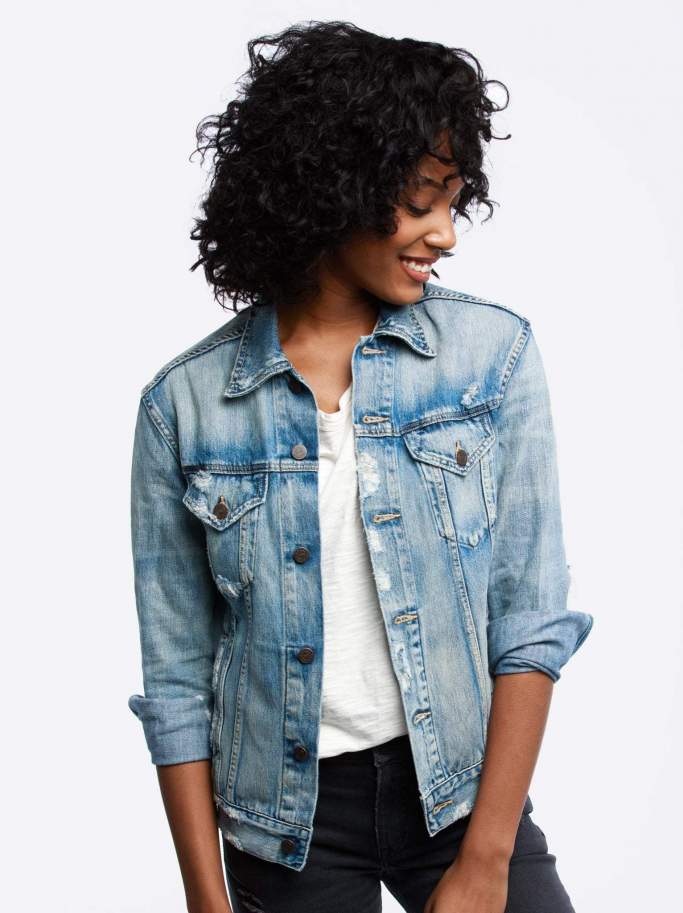
I’ve become increasingly more curious about ethical fashion. I find myself wanting to know where the items I purchase are manufactured and whether production has negatively affected any animals or the environment. Most importantly, I want to know if the hard-working individuals who made my clothes are treated fairly.
The good news is that ethical fashion brands like ABLE and many others are transparent about their supply chains. They not only make it easy for consumers to learn about the people who made their clothes, but whether they were properly compensated and if their working conditions were safe.
What I especially love about ABLE is that the brand employs women from communities with lower economic opportunities. These women have worked to overcome extraordinary circumstances like homelessness, addiction and prostitution.
Able chooses to invest in women because they believe when women thrive, their success tends to migrate toward their economic ventures.
“Across the world, women are concentrated in the lowest-paid and least secure jobs, making them—and their children—more vulnerable to poverty. Last year, 82% of all wealth created went to the top 1%, while the bottom 50% saw no increase at all. And women bear the brunt of this growing inequality.
We also know that when we invest in women, economies and communities thrive. Women invest twice as much of their income into their families than men (80% vs. 30-40%), and when women are paid wages that meet their basic needs, it leads to greater personal safety and better overall health and education for each generation.
Fashion employs 45 million women worldwide, and most of them cannot meet their basic needs. They are also particularly susceptible to low wages, excessive hours, and exclusion from the formal economy.
At ABLE, we work with women who have often overcome extraordinary circumstances. We manufacture directly in the communities we wish to impact, both locally and globally, creating jobs and ending the cycle of charity dependency.”
Plus: Three tips for online shoppers.
Bakuchiol, the natural and gentler alternative to retinol.
(Photo via ABLE website)
Leave a Reply